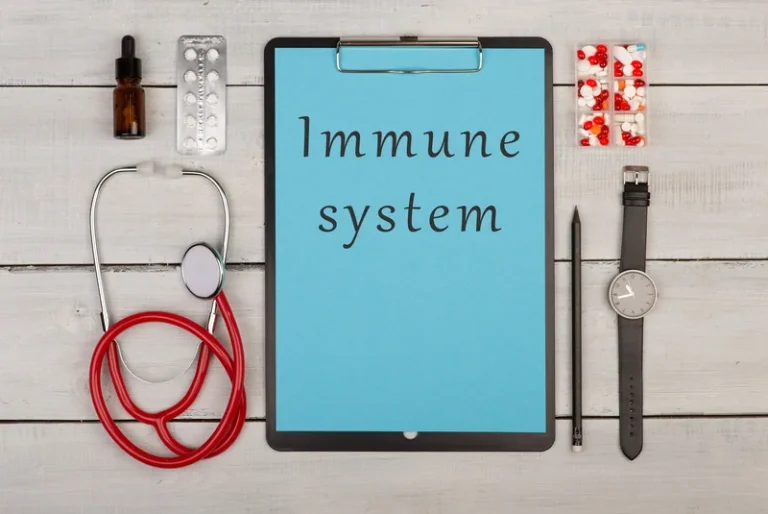
If you drink every day, or almost every day, you might notice that you catch colds, flu or other illnesses more frequently than people who don’t drink. That’s because alcohol can weaken your immune system, slow healing and make your body more susceptible to infection. Having a glass of wine with dinner or a beer at a party here and there isn’t going to destroy your gut. But even low amounts of daily drinking and prolonged and heavy use of alcohol can lead to significant problems for your digestive system.

Mental health
- When they do attempt to stop drinking, they may experience withdrawal symptoms.
- A person with early-stage alcoholism may also exhibit a high tolerance to alcohol.
- The real question for deciding if you have a drinking problem has more to do with how and why someone drinks rather than how many days a week someone drinks.
Both binge drinking and heavy drinking patterns increase a person’s risk of AUD and are common behaviors among people with AUD. Genetic, psychological, social and environmental factors can impact how drinking alcohol affects your body and behavior. https://ecosoberhouse.com/ Theories suggest that for certain people drinking has a different and stronger impact that can lead to alcohol use disorder. Many people with alcohol use disorder hesitate to get treatment because they don’t recognize that they have a problem.
Drinking Patterns: Who is at Risk?
- A typical adult reaches this BAC after consuming 4 or more drinks (women) or 5 or more drinks (men), in about 2 hours.
- As the stage progresses, the disease takes hold and develops into middle-stage alcoholism.
- It’s important to be aware that alcohol doesn’t have to be a part of those things, Dr. Oesterle says.
- As a person ages, they may develop health conditions or take medications that make it so they need to limit or avoid alcohol.
- They also help fend off inflammation and support healthy metabolism.
Person A has a glass of wine or a beer with dinner every day, but that is almost the extent of his or her drinking. This person drinks daily but only gets drunk once or twice a month. That definition is broad enough to include all alcoholics, people who suffer from alcoholism. Many of us probably have the semi-homeless looking man drinking from a bottle of cheap wine or vodka stuffed in a brown paper bag.
The 4 Stages Of Alcoholism For The Functioning Alcoholic: A Path To Addiction
Alcohol addiction is a progressive condition, which means that it tends to get worse the longer it goes untreated. In this way, someone may progress from a mild addiction to moderate to severe over time. And as their AUD worsens, they will likely begin to drink more and more. Those who maintain that they can hold their liquor, meaning that they can drink larger amounts with fewer apparent effects, may drink in excess to feel intoxicated. A higher tolerance for alcohol does not mean the body is impervious to the effect of alcohol; it means that drinkers should be more cautious.

- Currently, I utilize an array of intentional strategies to develop a positive working relationship with individuals and their families.
- When these people were employed, they may have been too busy to consume copious amounts of alcohol.
- Unhealthy alcohol use includes any alcohol use that puts your health or safety at risk or causes other alcohol-related problems.
- Person B would be at an increased risk, drinking heavily more often than 70% of American adults.
The evidence for moderate alcohol use in healthy adults is still being studied. But good evidence shows that drinking high amounts of alcohol are clearly linked to health problems. By Sarah Bence, OTR/LBence is an occupational therapist with a range of work experience in mental healthcare settings. Support from other people who struggle with alcohol use disorder is an integral Do Alcoholics Drink Every Day part of recovery, alongside medical treatment. To cope with your stress, you may want to attend a support group for family and friends of people with alcohol use disorder (such as Al-Anon) or consider therapy. If someone you are close to is living with alcohol use disorder, you may be looking for ways to help them cope with the impacts of their disease on your own life.
Final Thoughts: Do Alcoholics Drink Every Day?

Want to stop harmful drinking? AA versus SMART Recovery


